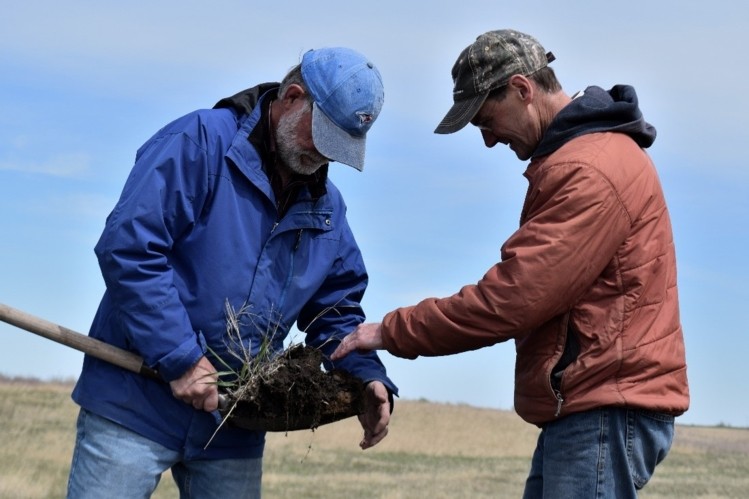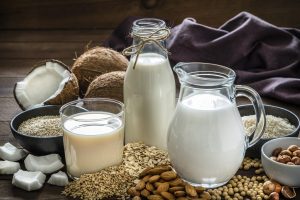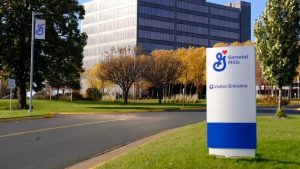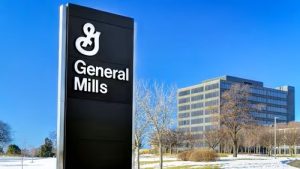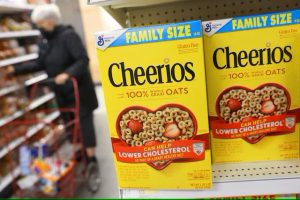
The three dairy farms in the pilot, which collectively manage more than 14,000 acres, were chosen for their proximity to General Mills’ dairy manufacturing facility in Reed City, Michigan, which produces a variety of Yoplait products.
This is the third regenerative agriculture pilot General Mills has launched – and the rst for its dairy ingredient supply – since its 2019 commitment to advancing regenerative agriculture practices on 1 million acres of farmland by 2030.
General Mills has partnered with consultants Understanding Ag and dairy cooperative Foremost Farms to pilot regenerative practices and provide support to participating dairy farmers.
“In order for regenerative agriculture to be successful, it must first be economically viable for farmers as a lever to help build operational and financial resilience,” said Mary Jane Melendez, chief sustainability and social impact ocer at General Mills.
With the pilot project, General Mills will ensure that the transition to regenerative practices will be benecial to dairy partners and enhance the overall health of their farms, added Melendez.
“Consumers increasingly want to support brands and companies they trust are acting as environmental stewards. This pilot with Yoplait is a great example of the role our brands can play in unleashing the scale of our supply chain – supporting farmers, promoting animal welfare, and improving the health of the planet, all while delivering a great-tasting product,” Doug Martin, president of the General Mills US yogurt business.
“As an industry, dairy farms have been especially hard hit in recent months and their resiliency is being tested. We believe regenerative agriculture builds and strengthens farmer resilience, so they can better withstand pressures, be it societal, financial or environmental,” said Martin.
According to the NMPF (National Milk Producers Federation), dairy farmers have faced some of the biggest challenges of all major US agricultural products, with losses potentially reaching $8.2bn, based on a comparison of current USDA projections with pre-crisis estimates.
Building dairy farmer resiliency
As the pilot begins, Understanding Ag consultants will meet with each dairy farmer to co-develop and implement custom regenerative management plans for a portion of their operation. Throughout the pilot, partners will monitor data and measure impacts to soil, biodiversity, water, animal well-being, and farm protability.
General Mills is also supporting a team of researchers from Cornell University and the University of Wisconsin-Madison who are developing data-driven tools to help dairy farmers implement regenerative agriculture practices into their operations.
According to the company, regenerative agriculture practices help to increase water inltration, improve nutrient cycling, and reduce soil erosion, which in turn, improves and protects nearby lakes, rivers, and streams. Regenerative practices on dairy farms can look slightly dierent than row crop farms, noted General Mills, specically in regards to incorporating adaptive grazing on pastures and cropland.
“These benefits can translate to farmers’ pocketbooks by ensuring that more nutrients stay in the field to be absorbed by plants rather than lost to wind or water erosion.”
“The Regenerative Dairy Pilot Program in Michigan gives our farmers the chance to reduce water and wind erosion all while providing top quality feed to their animals.
A highly nutritious diet helps ensure healthy, productive cows, which in turn contributes to a stronger bottom line on the farm,” said Greg Schlafer, Foremost Farms USA, president and CEO.
